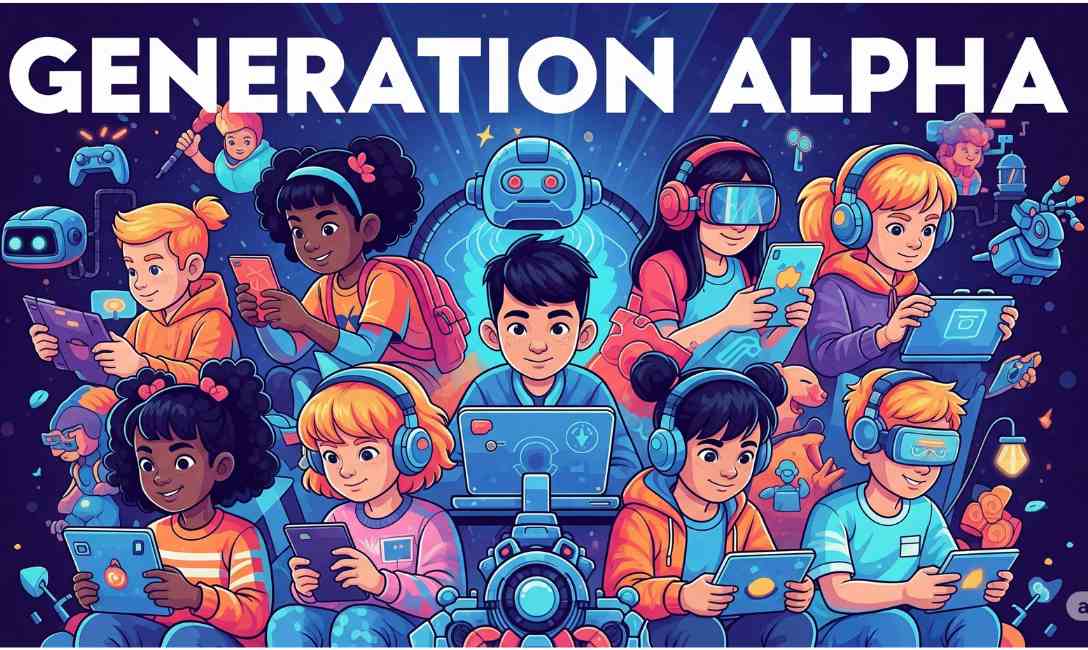In today’s modern dating world, the term “friends with benefits” (FWB) is more common than ever. As traditional dating norms evolve, many people are exploring new relationship dynamics that prioritize flexibility, honesty, and mutual satisfaction. But what exactly does this arrangement mean, and how does it differ from conventional romantic partnerships or casual hookups?
In this comprehensive guide, we’ll break down the friends with benefits meaning, explore the pros and cons of a friends with benefits relationship, and provide expert insights to help you decide if it’s the right choice for your emotional and physical needs.
What is the Meaning of Friends with Benefits?
The term “friends with benefits” refers to a relationship between two people who engage in sexual activity without committing to a romantic relationship. They maintain a friendship, but add a physical, often intimate layer, with the mutual understanding that there are no strings attached.
In other words, it’s a non-romantic, non-committed arrangement between friends who have a sexual connection but agree not to pursue a traditional romantic relationship.
Friends with Benefits Meaning in Modern Context
In the past, physical intimacy was often associated strictly with committed partnerships. Today, as views around sexuality and relationships become more open and inclusive, friends-with-benefits relationships have gained popularity among people seeking companionship and physical intimacy without the expectations of dating.
Characteristics of a Friends with Benefits Relationship
A friends-with-benefits relationship is distinct from casual hookups or one-night stands in several ways. Let’s explore the defining traits:
1. Friendship Comes First
The relationship is built on a pre-existing friendship. There is mutual respect, trust, and often shared interests that bond the two people.
2. No Romantic Commitment
Both parties agree there is no expectation of romantic love or a future together as a couple. Emotional attachment is often discouraged to avoid complications.
3. Sexual Intimacy
Physical intimacy is a major component of the relationship. This includes sex and sometimes other romantic activities like cuddling or kissing, but without the emotional strings.
4. Open Communication
For this arrangement to work, both individuals need to have clear, open, and honest communication about boundaries, expectations, and desires.
5. Flexibility and Freedom
Since the arrangement lacks exclusivity, both individuals are free to date others or pursue their own personal goals without needing to consider a partner’s feelings.
Why Do People Choose Friends with Benefits?
There are various reasons why people opt for a friends with benefits relationship:
- Avoiding Commitment: Some individuals aren’t ready for a long-term relationship and prefer emotional independence.
- Sexual Satisfaction: It allows people to explore their sexuality in a safe and familiar environment.
- Post-Breakup Healing: Recently single individuals may choose an FWB to help move on without jumping into another relationship.
- Busy Lifestyles: People with demanding jobs or other commitments may not have the time or energy for a traditional partnership.
The Pros of a Friends with Benefits Relationship
Like any relationship style, there are advantages to a friends with benefits setup. These include:
1. Low Pressure
Since there’s no expectation of romance or future planning, it’s often less stressful than traditional relationships.
2. Emotional Safety
FWB arrangements with clear boundaries can provide emotional comfort, especially when you’re not ready for love but still crave connection.
3. Exploration and Growth
They can help individuals explore their sexual needs and preferences without the pressure of pleasing a romantic partner.
4. Convenience
There’s no need to go on endless dates or play romantic games — everything is upfront and simple.
The Cons and Risks of Friends with Benefits
Despite its appealing aspects, a friends with benefits relationship isn’t free from challenges:
1. Emotional Complications
Feelings may develop over time, especially if the physical intimacy deepens. When one person starts wanting more, imbalance occurs.
2. Jealousy
If one partner begins dating someone else, jealousy or hurt feelings may arise, even if the agreement was casual.
3. Friendship at Risk
Crossing the line from friendship to sexual intimacy can sometimes strain or even end the original friendship.
4. Lack of Stability
Some individuals may crave emotional connection and consistency, which FWB relationships typically don’t offer.
Friends with Benefits vs. Dating vs. Hookups
Let’s clarify the key differences between three commonly confused relationship types:
| Feature | Friends with Benefits | Dating | Hookups |
| Friendship | Yes | Sometimes | No |
| Emotional Connection | Low to Moderate | High | None |
| Exclusivity | Rarely | Often | Never |
| Long-term Potential | No | Yes | No |
| Physical Intimacy | Yes | Yes | Yes |
Rules for a Healthy Friends with Benefits Relationship
To ensure a friends with benefits relationship stays beneficial and doesn’t lead to emotional distress, here are some golden rules:
1. Set Clear Boundaries
Discuss what’s acceptable — is kissing allowed in public? Will you spend the night after sex? Clear rules help prevent misunderstandings.
2. Use Protection
Always practice safe sex to prevent STIs or unplanned pregnancies, especially when either partner is seeing others.
3. Avoid Mixed Signals
Don’t act like a romantic couple. This means skipping Valentine’s Day gifts or excessive texting unless both are comfortable.
4. Keep Emotions in Check
If you notice yourself falling for your friend, communicate openly or reconsider the arrangement.
5. Be Honest and Transparent
If circumstances change — such as entering a new relationship — let your FWB partner know. Transparency builds trust.
Can Friends with Benefits Turn into a Real Relationship?
Yes, but with caution.
Some friends with benefits relationships do evolve into genuine romantic partnerships. Spending time together, physical intimacy, and emotional closeness can build a bond stronger than originally intended.
However, transitioning from FWB to a full-fledged relationship requires mutual desire, honest communication, and emotional readiness from both parties. Without these, such transitions can fail and ruin the original friendship.
Real-Life Experiences: What People Say About FWB
Many individuals who have been in a friends with benefits relationship report mixed experiences:
- “It worked well for a few months, but I caught feelings and it got messy.”
- “We stayed friends afterward, but the intimacy made it awkward for a while.”
- “It helped me learn what I want from a future partner.”
Everyone’s experience is different, which is why it’s important to evaluate your own emotional needs before entering an FWB arrangement.
Friends with Benefits and Mental Health
While casual sex and FWB relationships can be empowering for some, others might experience:
- Anxiety about emotional detachment
- Feelings of guilt or loneliness
- Confusion about where they stand
According to psychologists, these relationships require emotional maturity and self-awareness. Therapy or talking to a trusted friend can help if you start feeling conflicted.
Conclusion: Is a Friends with Benefits Relationship Right for You?
The friends-with-benefits meaning goes far beyond just casual sex — it involves trust, communication, and emotional intelligence. If you’re considering entering a friends with benefits relationship, it’s essential to evaluate your own needs, emotional boundaries, and long-term goals.
This type of relationship can be fulfilling, liberating, and exciting when handled maturely. However, if you’re seeking deep emotional connection, stability, and long-term love, it might not align with your relationship values.
Whatever your choice, ensure it’s one made with clarity, honesty, and mutual respect — because that’s the true foundation of any successful relationship, whether romantic or casual.




